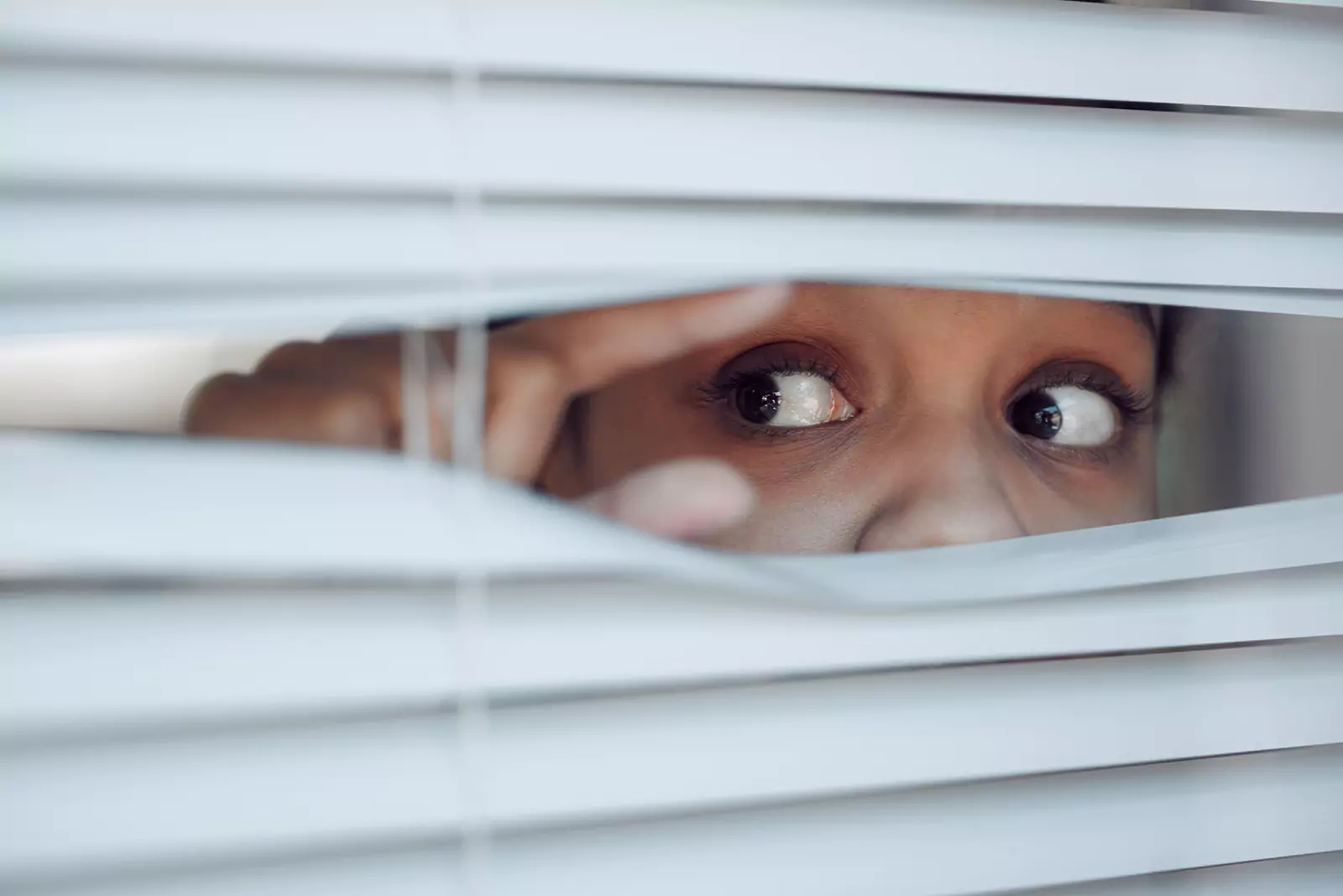
What Is Delusional Disorder?
Delusional Disorder is a psychiatric condition characterized by the presence of persistent, false beliefs (delusions) that are not based in reality, yet are strongly held even when evidence contradicts them. Unlike schizophrenia, individuals with Delusional Disorder do not typically exhibit major impairments in cognition or daily functioning—aside from the specific delusion(s).
Delusions can deeply affect relationships, work, and social functioning, often causing distress not only to the individual but also to those around them. The condition is rare, but it can be long-lasting and challenging to treat if not diagnosed early.
Types of Delusional Disorder
Delusions are classified based on their content. The most common types include:
Belief that someone (often a celebrity or higher-status person) is in love with them.
Belief in having special abilities, powers, fame, or identity (e.g., being a famous artist, religious figure, or possessing hidden talents).
Belief that one’s partner is unfaithful, despite a lack of evidence.
Belief that one is being spied on, harmed, harassed, or plotted against.
Belief in having a physical defect or medical condition that is not present (e.g., emitting a foul odor, having parasites, or a deformed body part).
A combination of two or more of the above themes without one dominating.
Key Symptoms
While delusions are the core symptom, other features may include:
<-
Normal behavior outside of the delusional beliefs
-
Arguments or confrontations with others related to the delusion
-
Irritability or suspiciousness
-
Mood swings or anxiety, especially if delusions are challenged
-
Social withdrawal or paranoia
-
Mild hallucinations (in some cases, but not required for diagnosis)
Unlike psychotic disorders like schizophrenia, Delusional Disorder does not usually involve:
-
Disorganized speech or behavior
-
Flattened affect or catatonia
-
Severe cognitive decline
Causes and Risk Factors
The exact cause of Delusional Disorder is unknown, but multiple factors contribute:
-
Genetic predisposition to psychosis or delusional thinking
-
Neurochemical imbalances (dopamine dysregulation)
-
Brain structure abnormalities (frontal lobe or limbic dysfunction)
-
Personality traits like suspiciousness or sensitivity
-
Cognitive distortions or rigidity in thinking
-
Past experiences that reinforce mistrust or fear
-
Isolation or lack of social interaction
-
Immigration stress or cultural differences
-
Abuse, trauma, or significant life stressors
Diagnosis and Evaluation
A mental health professional will use clinical interviews, psychological assessments, and medical evaluations to:
Impact Areas:
-
Rule out other psychotic disorders (e.g., schizophrenia, bipolar disorder with psychotic features)
-
Confirm that functioning is relatively preserved outside the delusion
-
Identify the theme and duration of delusional beliefs (must persist for at least 1 month)
-
Exclude drug use, dementia, or brain injury as a cause
Neuroimaging or blood tests may be used to rule out physical causes.
Impact on Daily Life
Delusional Disorder can significantly disrupt personal and professional relationships. Impacts may include:
Steps Include:
-
Frequent arguments, especially in jealousy or persecutory types
-
Involvement with law enforcement or legal conflicts
-
Workplace difficulties or job loss
-
Social withdrawal or loss of trust in others
-
Emotional distress and poor quality of life
The condition often goes untreated because the individual doesn’t believe there is anything wrong.
Co-occurring Conditions
People with Delusional Disorder may also experience:
-
Depression or major depressive episodes
-
Anxiety disorders
-
Obsessive-compulsive traits
-
Paranoid Personality Disorder
-
Substance misuse (especially if trying to self-medicate)
Treating coexisting conditions improves stability and openness to therapeutic support.
When to Seek Help
You or a loved one should consider psychiatric support if:
-
A belief persists despite overwhelming evidence against it
-
Behavior is becoming confrontational or socially inappropriate
-
Delusions are causing distress, relationship breakdowns, or legal issues
-
There’s coexisting depression, isolation, or suicidal ideation
Early intervention helps avoid complications and improves responsiveness to therapy.
How Calida Rehab Supports Delusional Disorder
Calida Rehab approaches Delusional Disorder with respect, empathy, and structure. We offer:
-
Individual psychotherapy (especially Cognitive Behavioral Therapy)
-
Antipsychotic medication under careful supervision
-
Stress reduction and insight-oriented approaches
-
Psychoeducation for families and caregivers
-
Supportive residential environments for stabilization
Our Pune, Mumbai, and Karjat centers provide safety, privacy, and personalized care pathways.
Frequently Asked Questions - FAQs
Yes—many individuals maintain functional lives outside their delusions. Treatment improves insight and reduces interpersonal disruptions.
Not always, but in persecutory or jealous types, there can be a risk of aggression or confrontational behavior.
Medication helps manage intensity but is usually combined with therapy for lasting improvement.
With compassion. Avoid arguing or confronting their belief directly. Focus on building trust and suggesting support.
Not typically. However, some cases may evolve or reveal more severe psychotic features over time without treatment.
Final Word
Delusional Disorder blurs the line between belief and reality—but behind the delusion is a person who needs compassion, not criticism. With appropriate care, individuals can regain stability, improve relationships, and lead fulfilling lives. Understanding begins with listening—and recovery begins with trust.